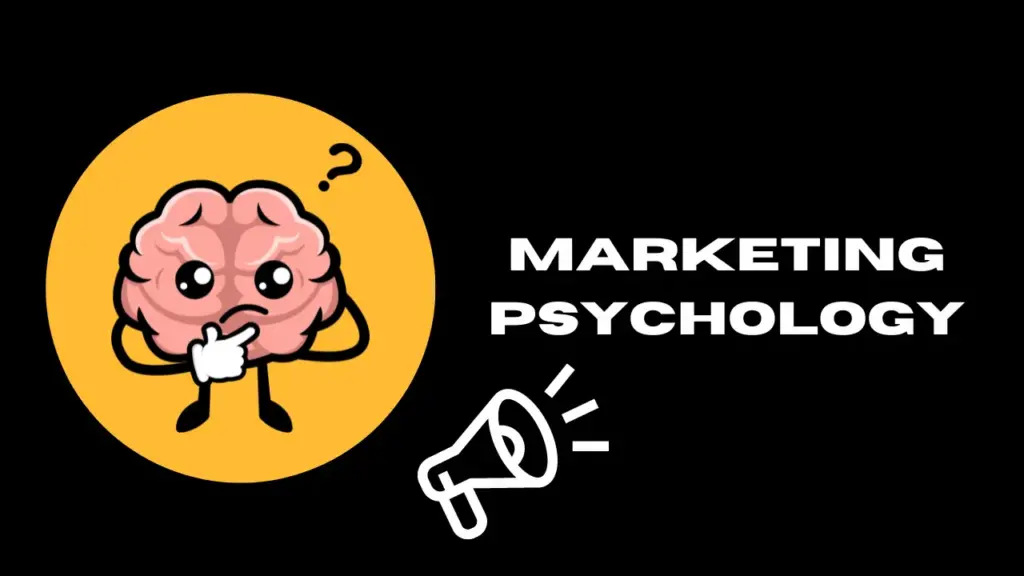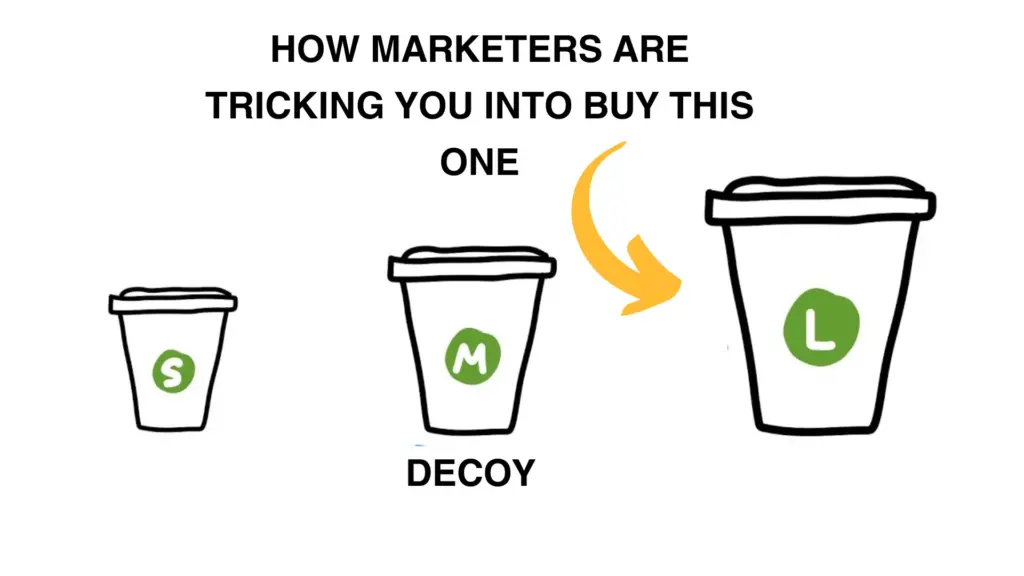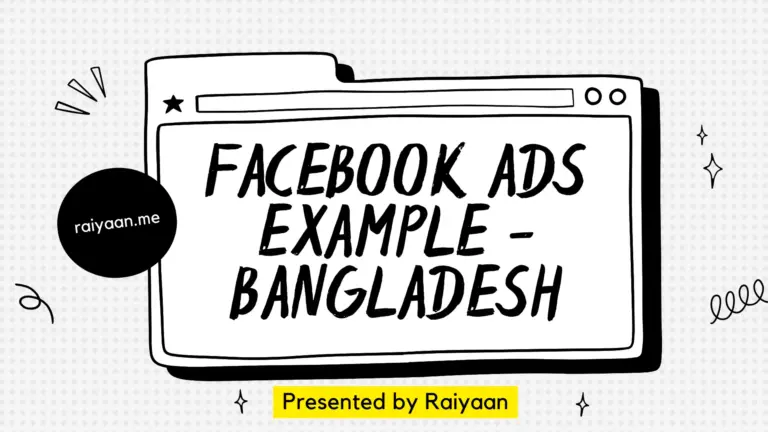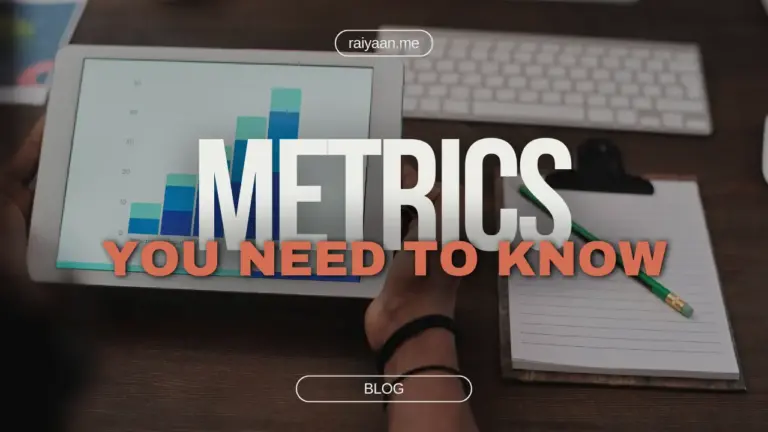Marketing Psychology: How Marketers Influence Your Behaviour

Let me start this blog with a story. One day, I was walking by the street and my eyes caught on a shop with a banner – “50% Discount on shirts. Only 3 pieces left” It was from my favourite brand and seeing this huge discount I ended up buying the shirt even though I didn’t need it.
This is a common phenomenon in our daily life, isn’t it? In this competitive market, marketers and brands manipulate our minds every day. They play with human psychology and try to influence it. In this blog, I will explain what is marketing psychology and some of the popular marketing psychologies used by marketers.
What is Marketing Psychology?
Marketing psychology is the act of using research to understand why people think and act the way they do. Marketers use these marketing psychologies to influence the behavior of the consumer. Using these tactics, sometimes you tend to buy some product that maybe you don’t want to buy. Understanding this marketing psychology is very important for marketers and consumers as well.
A marketer needs to understand so that he can influence consumer behavior. And, a consumer needs to understand the psychology to know their buying behavior. Below I have discussed some famous marketing psychology and I bet, you can relate all of them in your day-to-day life.
Marketing Psychology#1 – The Decoy Effect
This type of marketing psychology tactic is used by businesses to increase their sales. The decoy effect occurs when the preference between two options is defined with the appearance of a third asymmetrically dominant and less attractive option.
For Example,

Which cup is a customer more likely to purchase? Here, the decoy variable is the medium-sized cup tempting customers to go for the large portion for a seemingly more decent price.
Therefore, if you offer products in similar tiers, try this method to increase your sales and experiment with different prices to find the perfect fit.
Marketing Psychology #2 – The paradox of choice
This is a psychological behavior of the consumer that when we have more than one option or multiple options, we find it difficult to choose. The Paradox of Choice is a concept introduced by psychologist Barry Schwartz in his 2004 book, “The Paradox of Choice: Why More is Less.
This phenomenon occurs due to several factors, including:
- Fear of making the wrong decision
- Heightened expectations
- The cognitive effort is required to evaluate numerous options
Just as too many jam jar options can lead to lower purchases, too many products in your e-commerce store or too many services as part of your agency offering will ultimately lead to a lower conversion rate.
Marketing Psychology #3 Cognitive Dissonance
In marketing, cognitive dissonance relates to consumers’ expectations, feelings about brands, and internal logic when deciding to buy something. Marketers should be aware of potential conflicts or expectations that might affect buying decisions.
One example is when a customer purchases a high-end luxury product but experiences cognitive dissonance because of the high price. To reduce the discomfort, the customer may convince themselves that the product is worth the investment or seek validation from others who share similar beliefs.
Strategies to Handle and Leverage Cognitive Dissonance
- Providing Additional Information
- Using Social Proof
- Offer Guarantees
- Giving Comparative Information
- Creating Consistent Messaging
Marketing Psychology #4 – The Endowment Effect
Another interesting marketing psychology tactic that businesses use is the Endowment Effect. The endowment effect is the bias where individuals consider high-value items they own compared to identical items in the market.
For example, Mr. X is selling a car for $40,000. But, the same car is available in the market for $20,000. In this case, the person perceives the car as more valuable since they own it.
Businesses leverage this marketing psychology by giving free trials and samples. This gives consumers a sense of temporary ownership.
Marketing Psychology #5 – The Anchoring Effect
The anchoring effect is a cognitive bias describing the common human tendency to rely too heavily on the first piece of information (the “anchor”) when making decisions.
For Example, If you see a t-shirt worth $800 and then see a second one worth $400, you tend to consider the second one as cheaper.
Businesses leverage this marketing psychology by discounting the products. The businesses showcase a product with a higher price and then a discounted price. This influences the customers and they consider the second one as cost-effective, even though the product is similar. Only the price is inflated.
Marketing Psychology #6 – Priming
Priming is another marketing psychology used by marketers and brands. What is priming?
Have you ever played any game where one person says one word and another person has to immediately respond with the first thing that comes to their mind?
For example, If I say ‘Yellow’, most likely you are gonna say ‘Banana’. This is how priming works. Marketers use this marketing psychology to influence consumer behavior.
A nice example is television advertisements or online advertisements such as Facebook, Instagram, and other social media platforms. By watching an ad, different mental pathways activate. Usually, these pathways only link to positive memories. Next time when you go to the supermarket and you see the product from the ad, something happens in your brain. These positive memories are triggered, and that leaves you with a positive attitude towards the product. If the client needs to choose one of the hundred different yogurt brands, most likely he will decide on the one that gives positive feelings.
Marketing Psychology #7 – Scarcity
This is a very common marketing psychology technique. It’s creating the urgency to buy a product by saying the common terms – ‘Limited’ or ‘Only’. This psychology principle goes back to the simple formula of supply and demand: The more rare the opportunity, content, or product is, the more valuable it is.
Marketers and businesses use this method by doing the following things-
- Flash sales are announced at the last minute and are available for a short time. They get customers excited and ready to buy now and can be a great way to create urgency.
- Adding a countdown timer to the product page instead of just showing the end date of the sale.
- Another scarcity marketing tactic is sharing the number of items left in stock with customers.
Marketing Psychology #8 – The Verbatim Effect
The verbatim effect is when an individual is more likely to remember the gist of something rather than remember the small details. It suggests that consumers are likely to remember the overall message or feel of an ad rather than specific words or scenes. For example, when people read a long text, they’re more likely to remember its core message, than they are to remember how exactly it was phrased.
Marketing Psychology #9 – The Reciprocity
This psychological marketing theory is based on the concept of an item or company doing something good for the consumer and, in return, the consumer doing something good for the company. Customers would buy your products without even marketing and recommend them to their relatives. For instance, you may provide customers with discounts other benefits, and gifts. The customer would want to give your company back by being your regular customer and spreading word of mouth.
Marketing Psychology #10 – The Pygmalion Effect
This theory works best for customers and employees. This Pygmalion effect refers to the state that if you believe something about yourself, it will become true. A great way to approach this strategy is to identify the core values of your brand. You want to ensure that your team of employees knows these core values and always has them at the forefront of their minds. In addition, you want to communicate those values to your consumers to help drive decisions based on purchasing.
I have discussed the top 10 marketing psychologies that marketers commonly use. Now you can relate whenever any brand want to try influence your behaviour with this techniques.
References:
Marketing psychology uses consumer behavior research to influence buying decisions.
Marketing psychology applies psychological principles to understand and influence consumer behavior.
Scarcity marketing (limited-time offers) uses the psychology of supply and demand to create urgency.
Marketing leverages factors like social proof, reciprocity, and cognitive dissonance to influence consumer choices.
Social psychology, which studies how people are influenced by others, is highly applicable to marketing.



